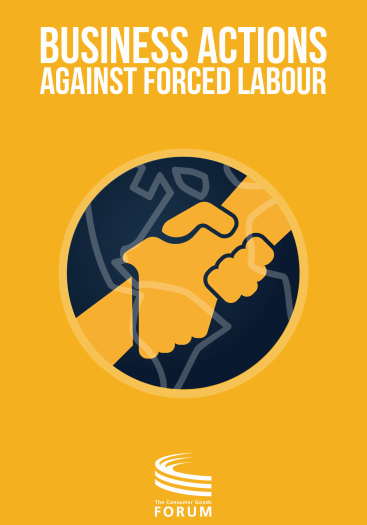Forced labour is a widespread problem in supply chains globally. Virtually every country is touched in some way by this modern form of slavery. With 21 million individuals suffering as victims of forced labour today, a problem of this magnitude cannot be solved without essential cross-sectoral cooperation between businesses, government, civil society and workers’ organisations.
The United Nations Human Rights Office welcomes the commitment of The Consumer Goods Forum (CGF) and its members to tackling forced labour as we believe private sector engagement is crucial in this collective fight.
This publication, Business Actions Against Forced Labour, is a practical demonstration of this coooperative spirit, showcasing concrete actions that are being taken right now to address and prevent forced labour in global supply chains. These actions include corporate efforts to implement CGF Priority Industry Principles, a set of principles that, when applied on a global scale, can help address the conditions that contribute to forced labour:
- Every worker should have freedom of movement
- No worker should pay for a job
- No worker should be indebted or coerced to work
We hope these case studies will inspire more learning on the key role of business in combatting forced labour and that they encourage effective private sector action to respect and support human rights.

